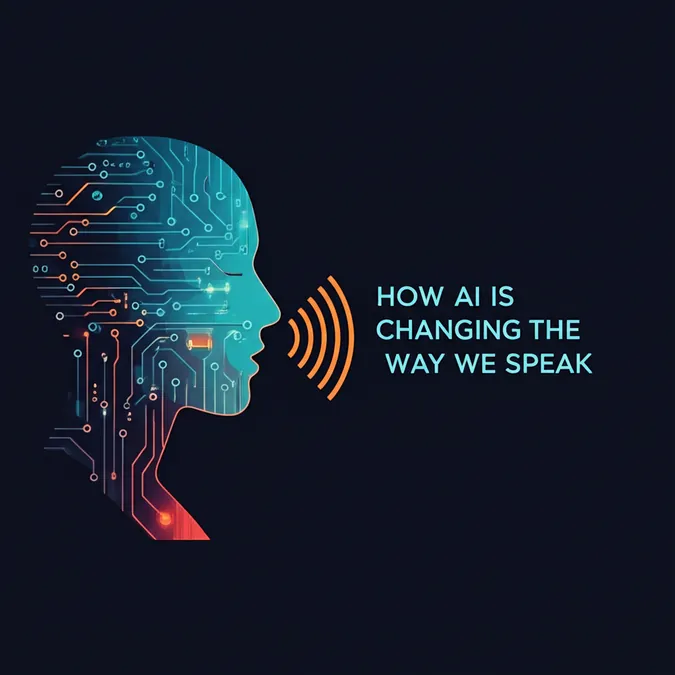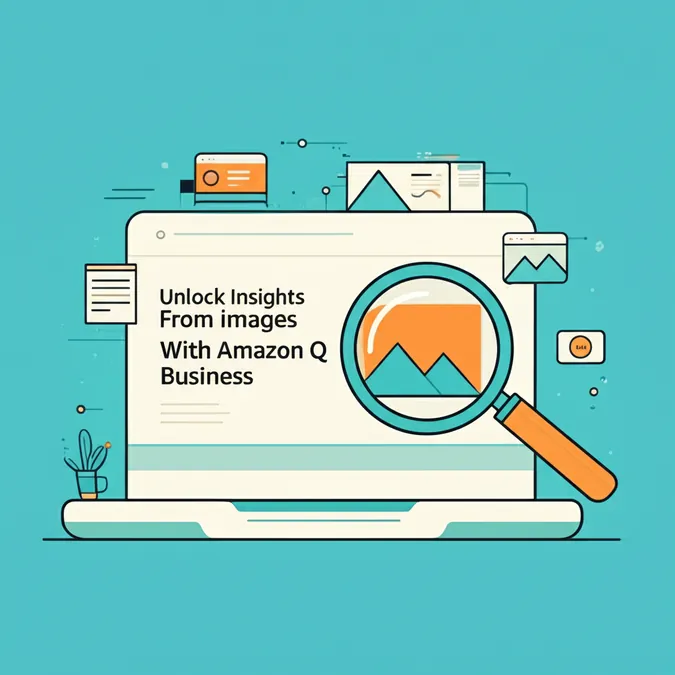Developer Offer
Try ImaginePro API with 50 Free Credits
Build and ship AI-powered visuals with Midjourney, Flux, and more — free credits refresh every month.
The Hidden Dangers of AI in The Classroom
For the well-being of our next generation, it's critical that America’s leaders, parents, and teachers take a serious stand on managing how children use artificial intelligence. Failing to do so could lead to devastating cognitive consequences.

The Alarming Evidence AI Hinders Learning
Recent research paints a concerning picture. As educators have warned, studies are confirming the negative impact of AI on cognitive skills. An MIT Media Lab study revealed that individuals using large language models like ChatGPT for writing tasks exhibited reduced critical thinking skills, shorter attention spans, and less brain activity compared to those who completed the work without AI assistance.
Over time, this reliance deepens. Users transition from using AI for minor adjustments to simply copying and pasting large sections of text generated by the models. Similarly, experiments at UPenn/Wharton found that while participants using AI could research topics faster than with Google, they struggled with retaining and truly understanding the information. They weren't learning as effectively as those who had to actively find and process the information themselves.
The conclusion is stark: using AI for fundamental tasks like research and writing can make us less intelligent and more passive learners. What's even more frightening is the MIT study's finding that these negative effects are more pronounced in younger users.
A Growing Epidemic in Classrooms
This is terrible news, as all data indicates that children are increasingly depending on technology in the classroom. A Pew poll from January showed that about 26% of teenagers aged 13 to 17 admit to using AI for schoolwork, a figure that has doubled since 2023. Without intervention from adults, this number is projected to climb even faster.
We've seen this pattern before. For years, we have been aware of how smartphone use damages children, leading to shorter attention spans, less meaningful social interactions, and higher rates of depression and anxiety. States are only now moving to ban phones in schools, years after the dangers became clear.
A Call for Proactive Measures
This time, we must act to address the danger before an entire generation suffers needless and irreversible harm.
While around two dozen states have issued some guidance on AI use in classrooms, this is merely a starting point. Every state's education department must mandate that all schools implement strict policies. More resources should be dedicated to developing reliable tools for detecting AI-generated work, training teachers on how to identify and address it, and educating parents and students about the consequences of overusing AI.
The Future of Learning is at Stake
Without a comprehensive, unified effort, too many children will fail to develop essential cognitive skills because a chatbot is doing the mental heavy lifting for them during their most crucial developmental years. While AI has the potential to be a significant benefit to humanity by automating tedious tasks, the process of working through challenges—doing things the hard way—is still the best method for building mental "muscle."
If the adults in charge don't take decisive action, overdependence on AI will continue to spread through American classrooms like a wildfire. We must stop it now, before that fire burns out the potential of a generation of young minds.
Compare Plans & Pricing
Find the plan that matches your workload and unlock full access to ImaginePro.
| Plan | Price | Highlights |
|---|---|---|
| Standard | $8 / month |
|
| Premium | $20 / month |
|
Need custom terms? Talk to us to tailor credits, rate limits, or deployment options.
View All Pricing Details

